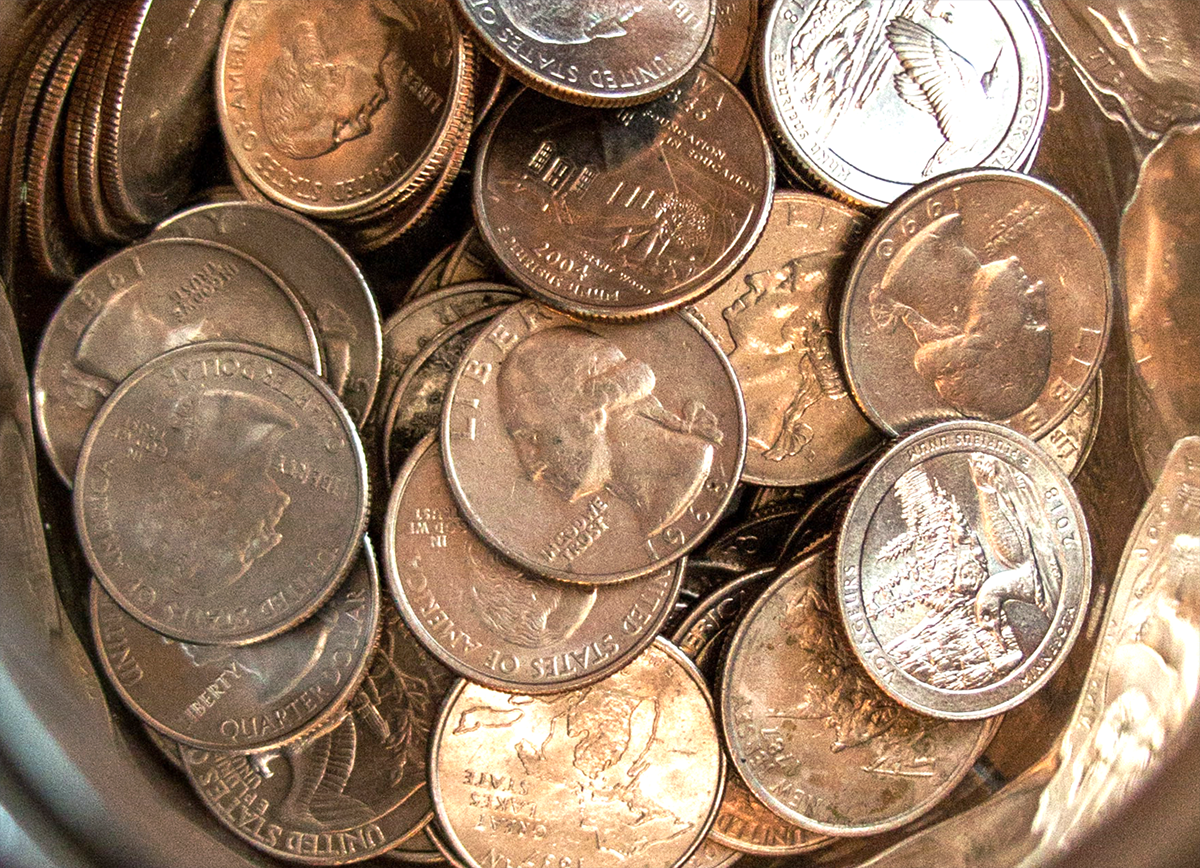Letter from the Editor:
Connecting the Dots
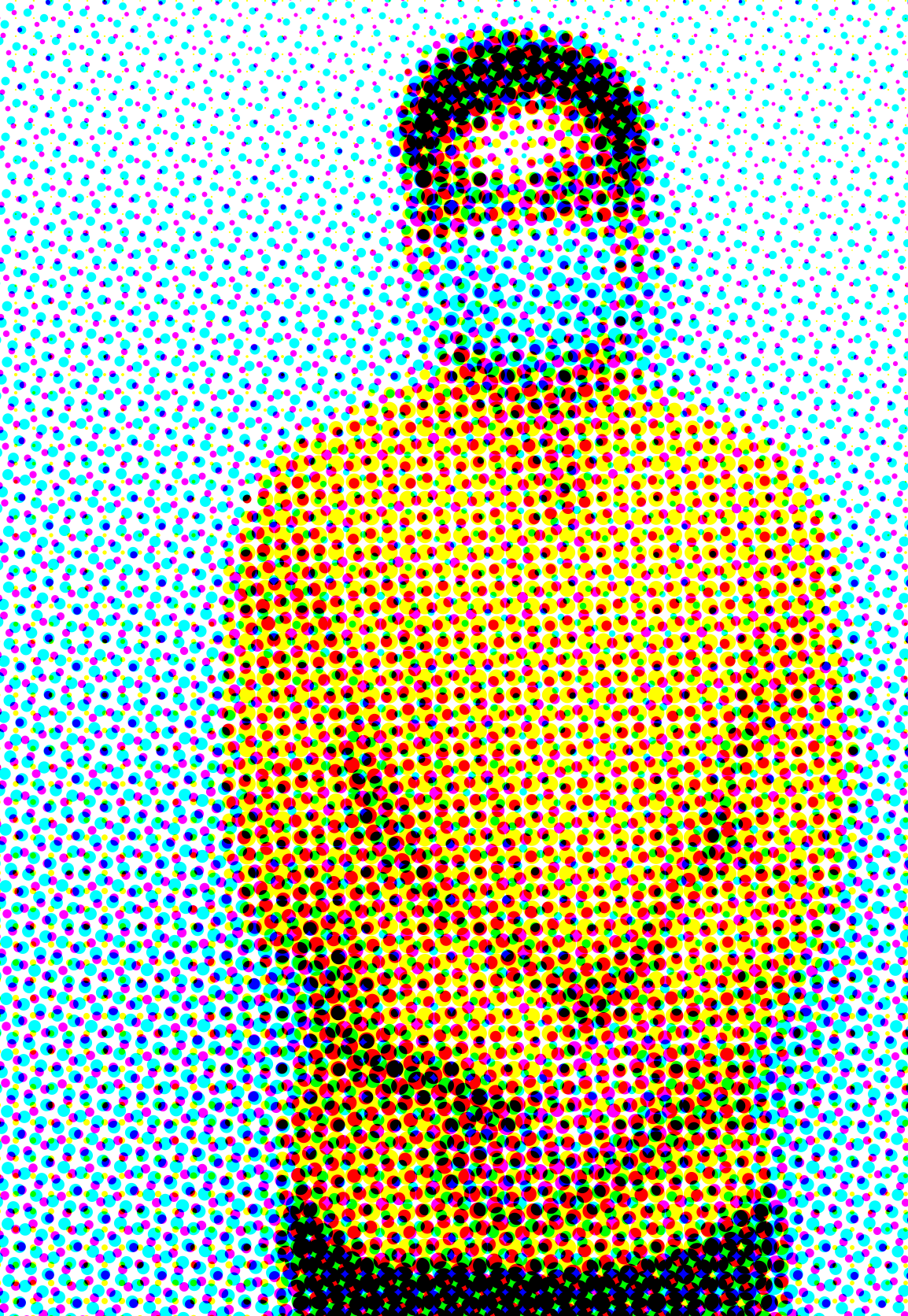
Back in the day before the iPod, the Walkman, the 8-track, and the cassette, before I knew my alphabet, I was able to associate The Supremes, The Four Tops, The Beatles, and others artists with the labels on their 45s. That’s a bit more discriminating than the typical bottle and food connection.
And because I’m a guy living with dwarfism, I’ve had to develop a knack for quickly discerning people’s probable reactions to the sight of an unusually short person. Even now, it’s incumbent upon me to determine whether someone will be cool when encountering a forty-eight-inch tall Black man or if their reaction will brim over with verbalized abject amazement and wonder, if not ridicule.
Sure, most people develop similar skills but ask anyone with a distinct visible physical feature for all the world to see that sets them apart from everyone else, and they can tell you a story about how they found themselves in the hot white spotlight of attention and not in a good way.
So with the fifty-plus years of accurately reading nonverbal cues, I’ve noticed something of late: Black people are exhausted.
I see it in our faces, hear it in our voices, and I see it in the way we carry ourselves. (To non-Black readers who hadn’t noticed or are scratching their heads in wonder, I say guess again.)
Yes, it’s in our nature, our DNA, to “keep it together” for our family, friends, and our own self-esteem. But I say this about Black people because we live with a unique sense of community. Over the centuries, we’ve had to rely on one another to survive in America. Broadly speaking, we understand that what affects one of us affects us all. But this keeping it together comes at a high cost.
All people are suffering through Covidtide, but the disparity in mortality between Black and non-Black people is astounding. Click the image below to listen to Chris Hayes explain the data.
New data shows just how much structural racism impacts health.
— All In with Chris Hayes (@allinwithchris) August 5, 2021
“This is what it looks like when people make the argument that race—anti-Black racism, in particular—is the central story in this country," says Chris Hayes.https://t.co/kpzidP7cL2
Not only are Black people dealing with Covid, but we’re dealing with racism and its amplification of Covid on us plus the other stuff that’s common to everyone.
The point? We’re tired. Our struggle is real. And numbers don’t lie. What do I want you to do about it?
Marinate on this information for a moment. Black people are dying three to eight times the rate of white people due to Covid.
Drop the cavalier galavanting about without a mask think of others. Put political showboating aside and think critically about what’s to the world.
Do what you can: If you haven't already, get the shot—that’s more for your own well being. And if you have received a Covid-19 vaccine, be considerate of those who are immuno-compromised and wear a mask.
In This Issue
- New This Week: “Hope Amidst Hopelessness” by William Spivey
- In Case You Missed It: This week’s legacy article is “Why Black People Are Furious” by Clay Rivers
- Our Human Family merch
- Final Thoughts
New This Week
Hope Amidst Hopelessness
by William Spivey
Tuesday, August 2, 2021, marked author, poet, and activist James Baldwin’s ninety-seventh birthday. To celebrate one of America’s most enduring and prophetic writers, we present “Hope Amidst Hopelessness” from OHF Magazine Issue No. 2 (The Baldwin Issue) by OHF Weekly writer William Spivey.
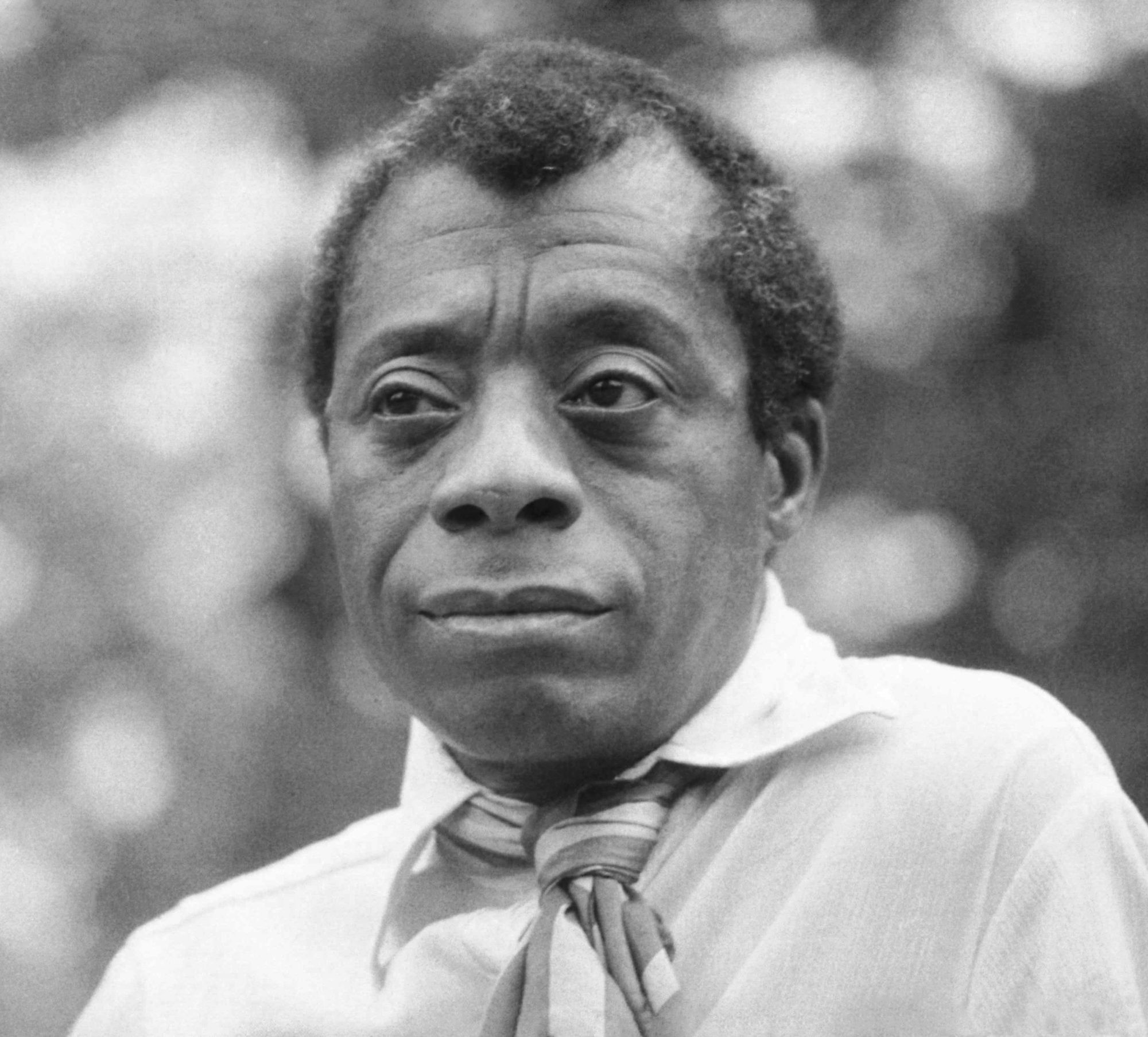
In Case You Missed It
Why Black People Are Furious
by Clay Rivers
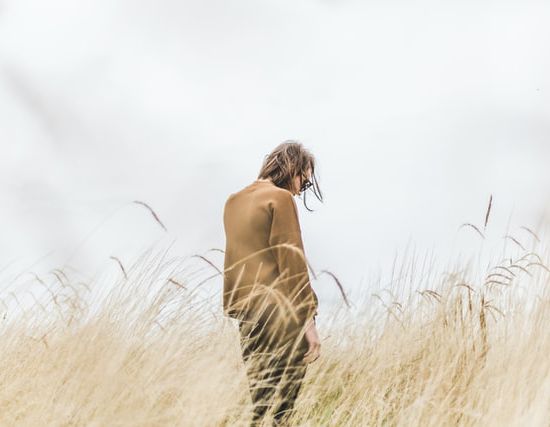
Our Human Family Merchandise

Show your support for antiracism, and racial equity with a tank, t-shirt, or sweatshirt from our online store.
Final Thoughts
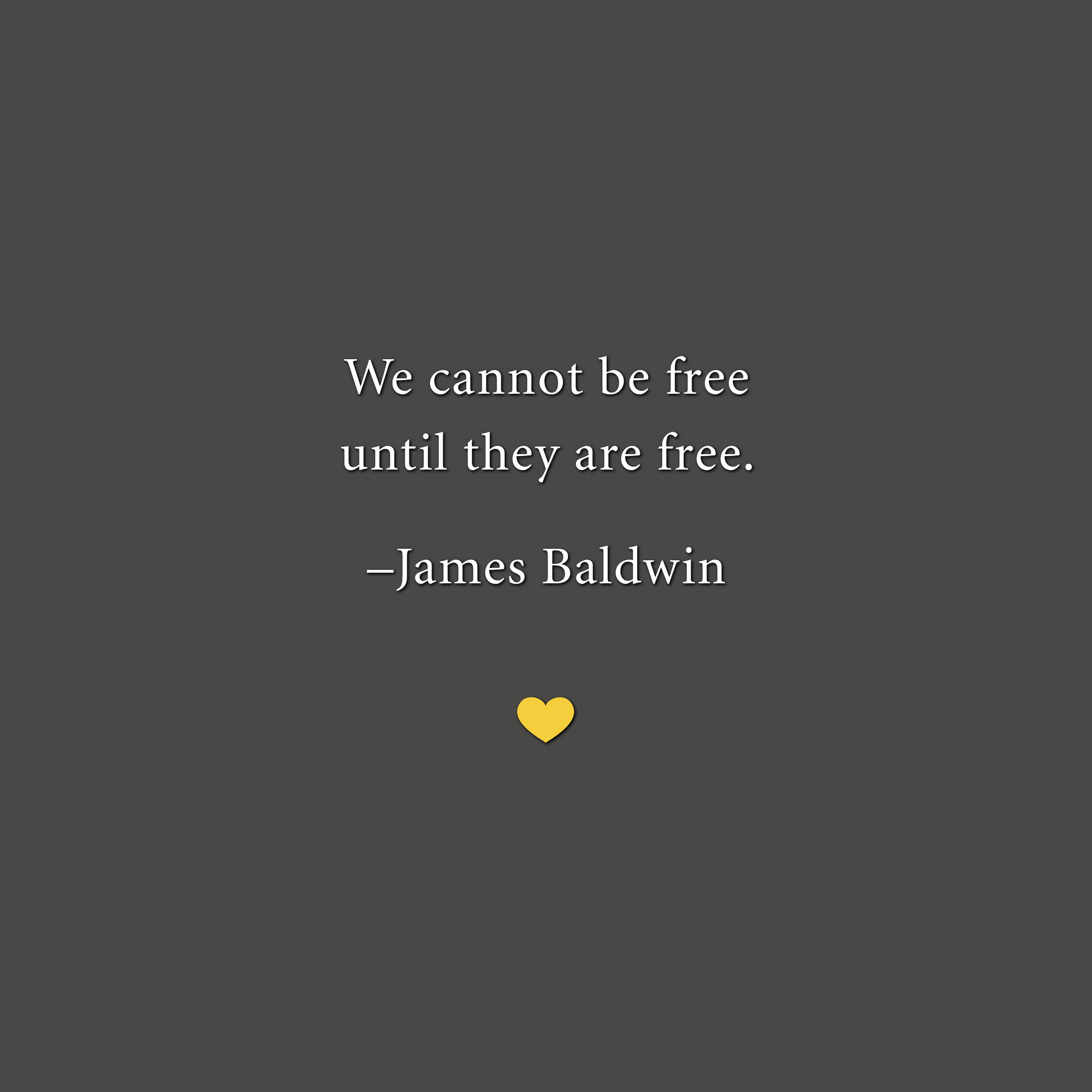
Until next week, friends. Love one another.
Clay Rivers
Our Human Family, Founder and Editor-in-Chief
Top photo by Matthew Lancaster on Unsplash


